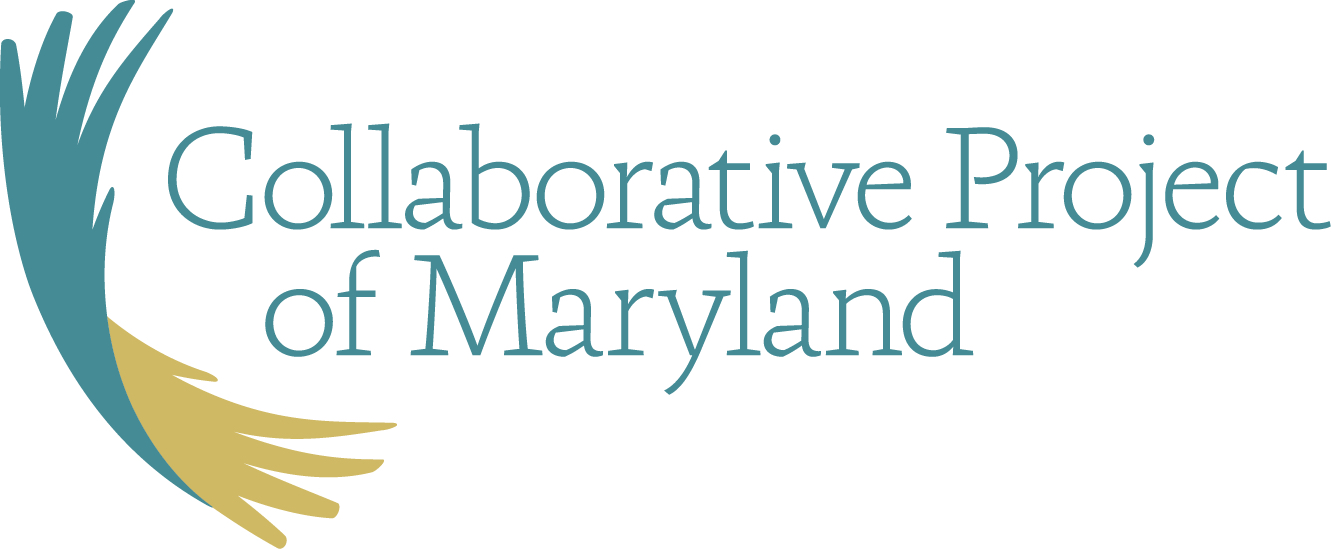- What is the difference between Collaborative Practice and mediation?
- Can my Collaborative attorney represent me in court?
- What is the Collaborative Project mission statement?
- What is the Collaborative Project vision statement?
- What are the Collaborative Project values?
- Who do I contact if I am interested in the Collaborative Process?
We handle a variety of family matters that include: child custody, child support, divorce (even if you have not been separated for a year), dissolution of long-term partnerships, and modification of prior child custody and child support orders or agreements.
Yes. Collaborative Project of Maryland assists same-sex couples with family law matters that include custody, child support, and dissolution of long-term partnerships.
To use the Collaborative Process for dispute resolution you must work with an attorney who is Collaboratively trained. If you currently have an attorney and are interested in the Collaborative Process, ask your attorney if he/she is Collaboratively trained. You may also contact the Collaborative Project of Maryland to see whether you are eligible for low bono or pro bono services.
To use the Collaborative Process for dispute resolution, both attorneys must be Collaboratively trained. To be eligible for our program, both attorneys must be assigned by the Collaborative Project.
Please contact the Collaborative Project to find out what options are available.
Both Collaborative Practice and mediation are out-of-court, alternative dispute resolution processes that involve parties and professionals working together to reach agreement. A key component of Collaborative Practice is that each party has an attorney by his or her side throughout the process, as well as the option to use mental health coaches, child specialists, financial neutrals, or other neutral experts to assist in the process as needed.
Your Collaborative attorney may not represent you in court in any contested proceeding. Your Collaborative attorney may only represent you in court in an uncontested proceeding, such as entering an order by consent. Your attorney cannot represent you in court if you are not able to reach an agreement using the Collaborative process.
Collaborative Project of Maryland is a nonprofit organization dedicated to expanding access to the Collaborative dispute resolution process and providing support to the community. CPM provides access for Maryland residents, especially those of modest means, to Collaboratively trained professionals to resolve their disputes out of court in a respectful manner.
Collaborative Project of Maryland, in partnership with Collaborative professionals, the judiciary, and community groups, facilitate the use of the Collaborative Process as a valued, accessible, and highly utilized alternative dispute resolution option for resolving legal issues of Maryland residents.
- Respect – openness, acceptance, and compassion
- Integrity – operate with honesty and accountability
- Commitment – to the Collaborative Process
- Excellence – provide quality service, internally and externally
